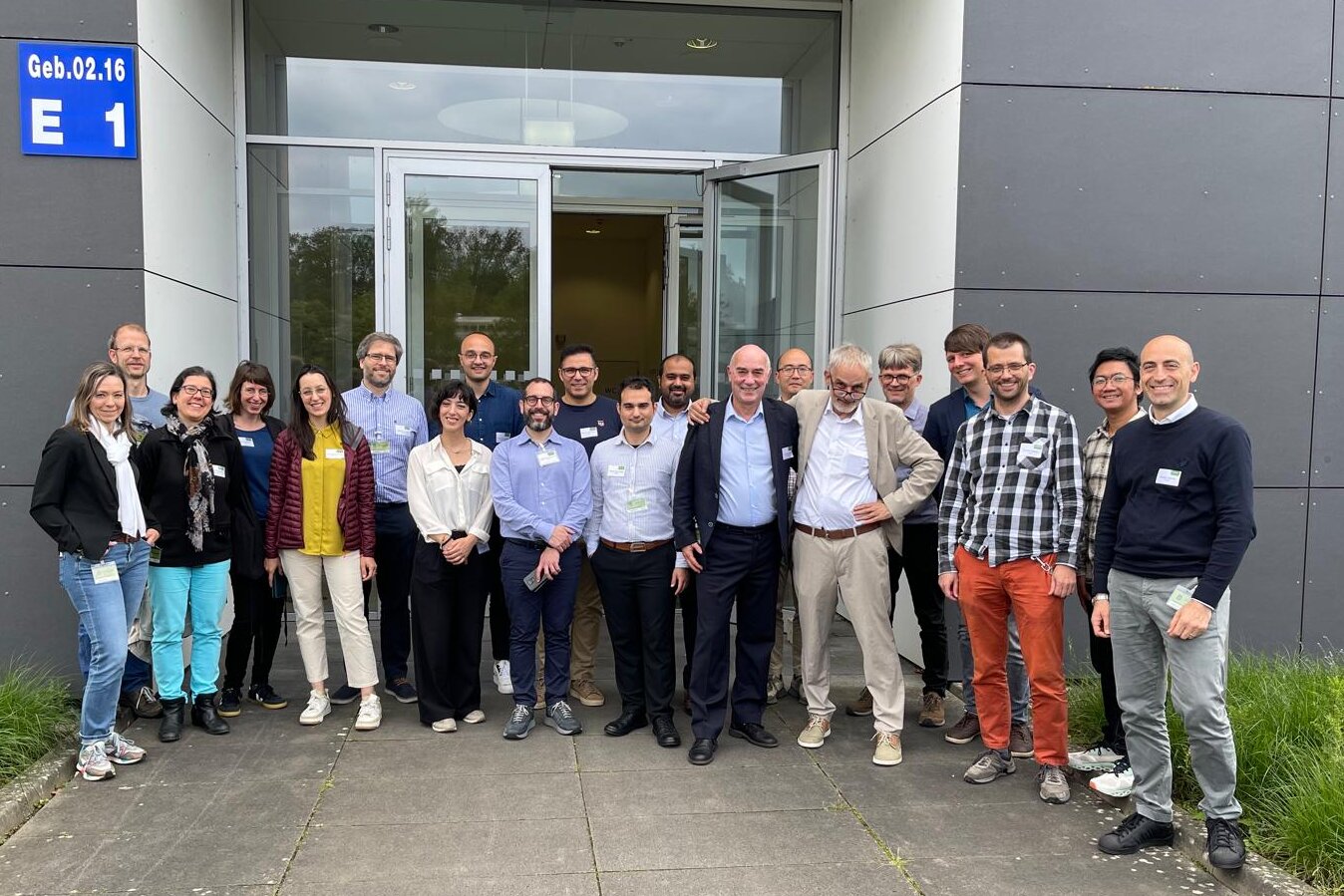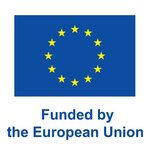Towards more efficient solar cells, with a lower carbon footprint
SiLEAN Project Launches to Advance Solar Cell Efficiency with Sustainable Technology
The SiLEAN project, funded by the European Union, has officially launched with the goal of setting a new benchmark in solar cell efficiency by over 25.5%, while reducing costs and lowering the carbon footprint by up to 75%. The innovative SiLEAN solution will advance silicon heterojunction solar cell technology by introducing a fully sustainable design free of indium (In), silver (Ag), and bismuth (Bi).
This groundbreaking project brings together a multidisciplinary consortium of two research institutes, one university, four SMEs, and one industry partner across five European countries. Key innovations include epitaxial wafer growth from the gas phase, alternative passivation techniques for enhanced optical transparency, and indium-free contact layers with Ag- and Bi-free metallisation. All processes will be designed for scalability and high-throughput manufacturing.
TU Delft will focus on two main aspects. First, it will develop high-efficiency, large area c-Si heterojunction solar cells endowed with advanced photonic structures, transition metal oxides, ultra-thin transparent conductive oxides and copper-based metallization. Second, it will lead the work package on reduction of environmental impact, which evolves around the calculation of the energy yield, the evaluation of the safety of supply and the life cycle analysis of the proposed technological innovations.
The SiLEAN project is a crucial step toward more sustainable and efficient solar energy solutions, paving the way for a cleaner and more cost-effective renewable energy future.
For more information,
prof. dr. ir. Olindo Isabella
O.Isabella@tudelft.nl




